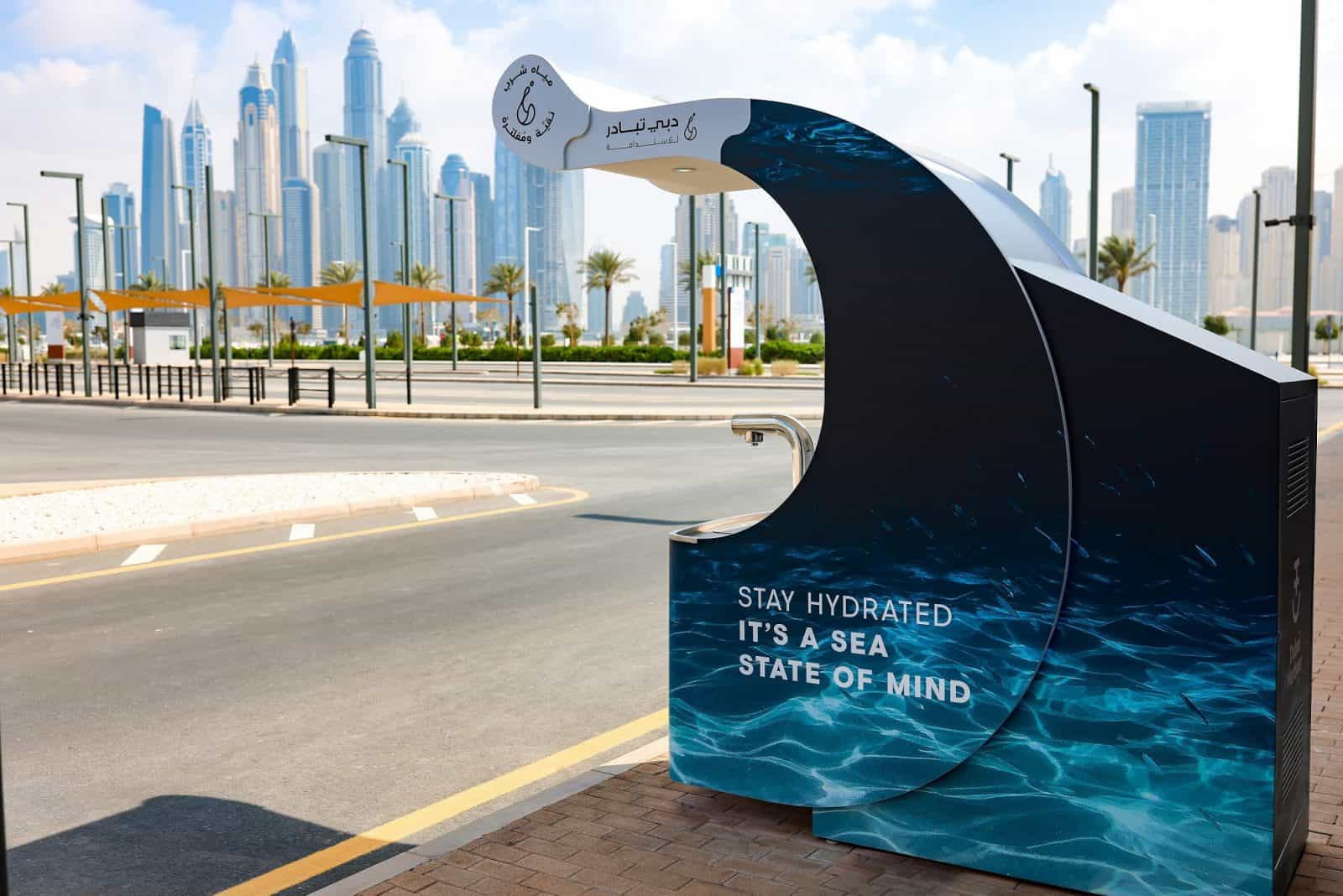Dubai, UAE – Dubai Can, the citywide sustainability movement launched on February 15, has successfully reduced the use of an equivalent of more than 7 million 500 ml single-use plastic water bottles in its first year.
The success of the initiative is reflected in the fact that Dubai Can has been widely adopted in the city, with participation from homes, offices, hotels, schools, and the installation of 50 water fountains in different locations.
Dubai Can has placed water fountains in strategic places across the city, including public parks, beaches, and popular tourist destinations, with the help of its partners and sponsors. The fountains can be found in well-known neighbourhoods such as Kite Beach, Dubai Marina, and Downtown Dubai.
Working together with talabat, a leading online food delivery service, Dubai Can has expanded its fountain locations and improved awareness. Fountains were recently added in four additional prominent locations: Hatta, Dubai Sports City, Port Rashid, and Dubai Internet City.
“We are extremely proud of the progress the initiative has made, and we hope that during this year and beyond, the initiative will continue to encourage residents and tourists to adopt greener practices and lifestyle choices contributing to the Dubai Economic Agenda D33’s goal of consolidating Dubai’s status as one of the world’s top three global cities,” Yousuf Lootah, Acting CEO of Corporate Strategy and Performance sector at Dubai’s Department of Economy and Tourism (DET), said.
Dubai Can’s environmental impact on the city remains significant. All water stations throughout the city adhere to the highest hygiene standards and comply strictly with municipal, healthcare, and federal regulations. The stations provide clean and safe drinking water, which is tested in accordance with DEWA, GCC, and World Health Organisation standards.

